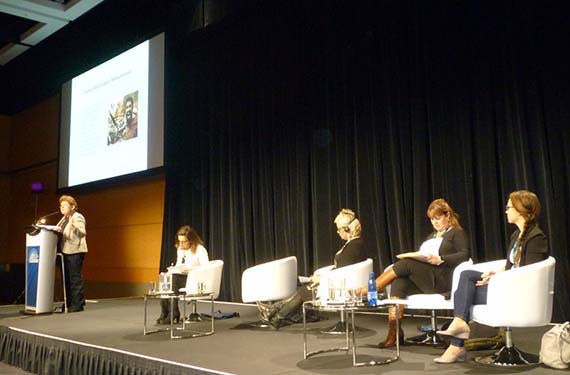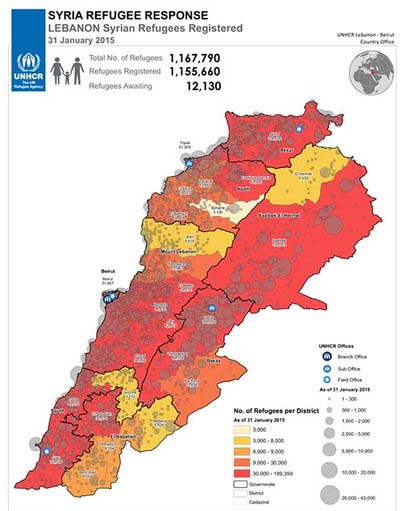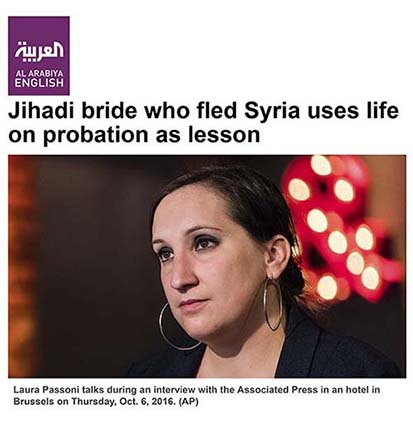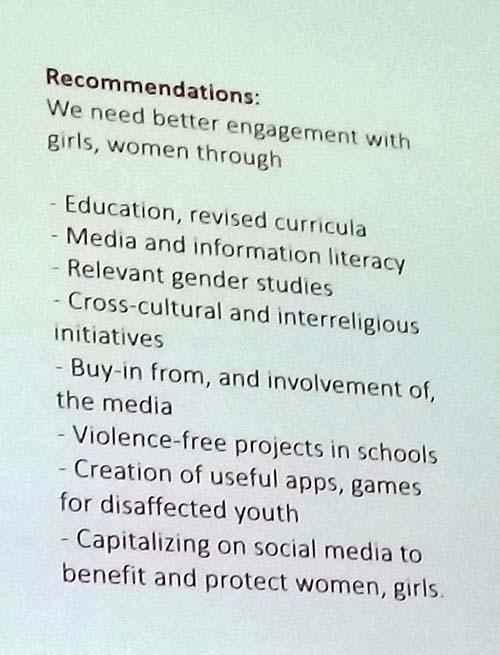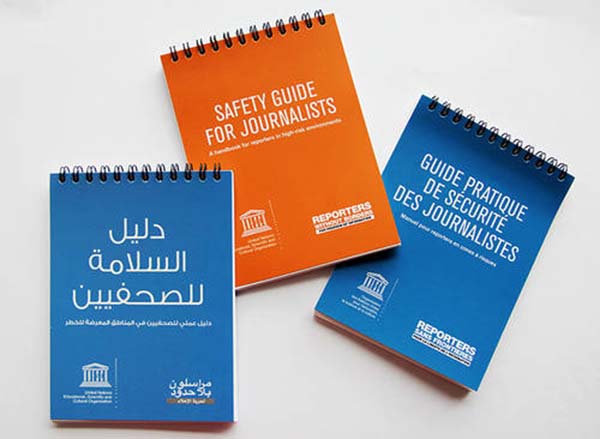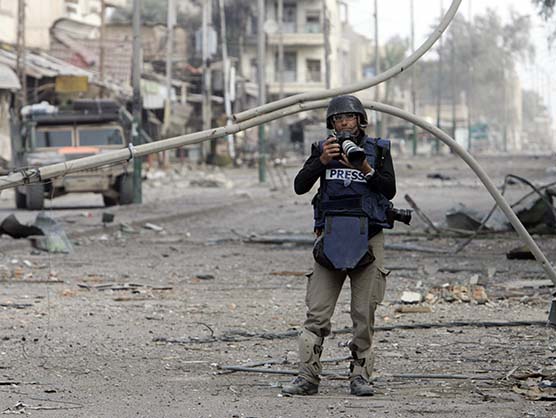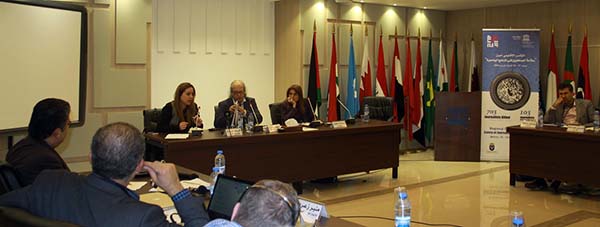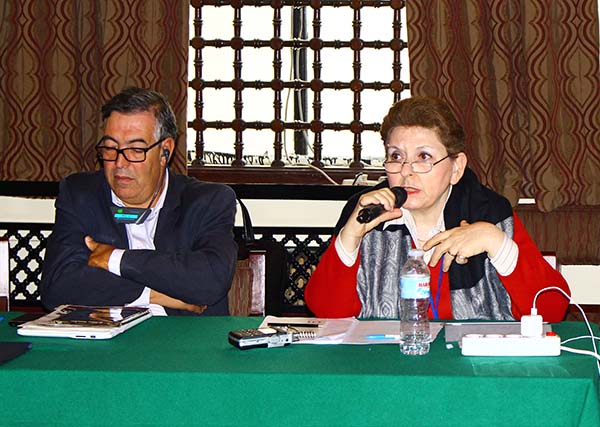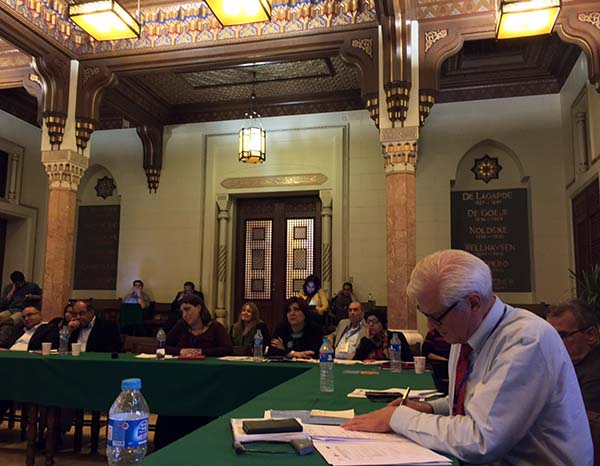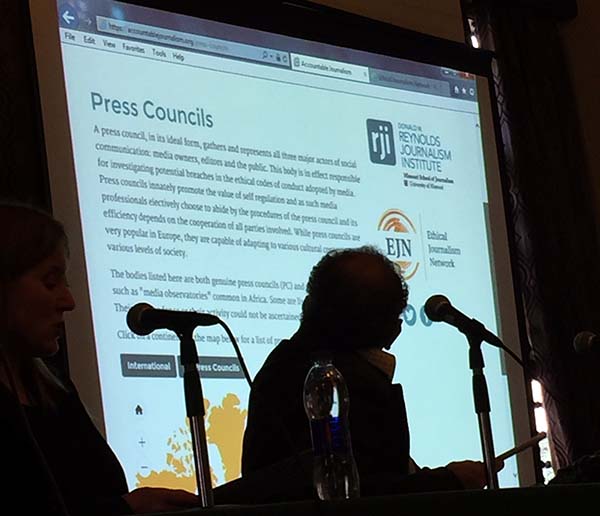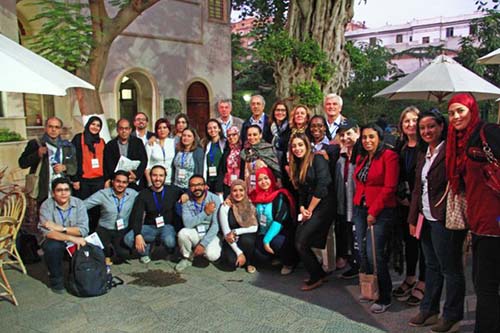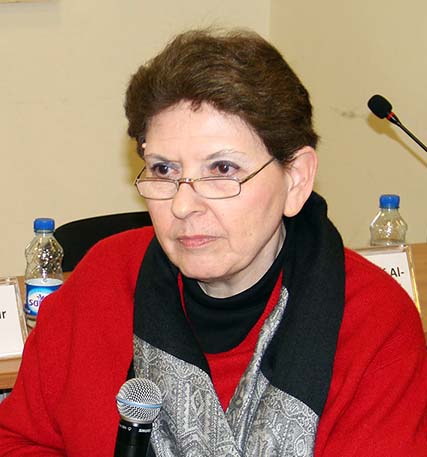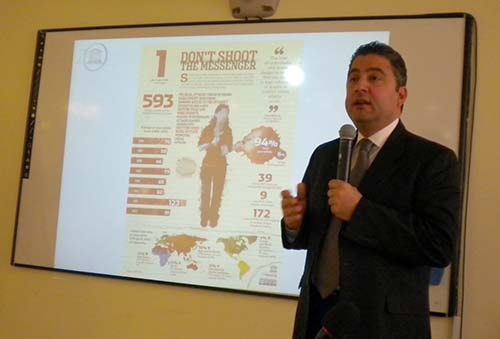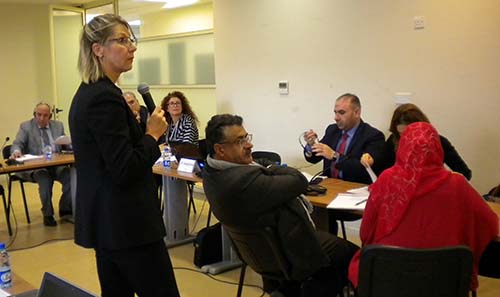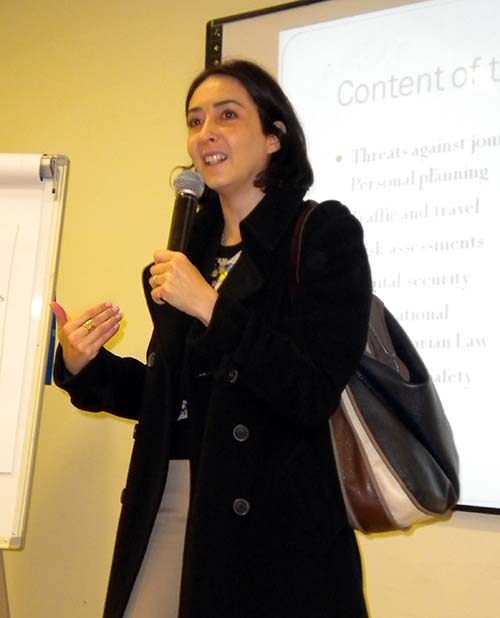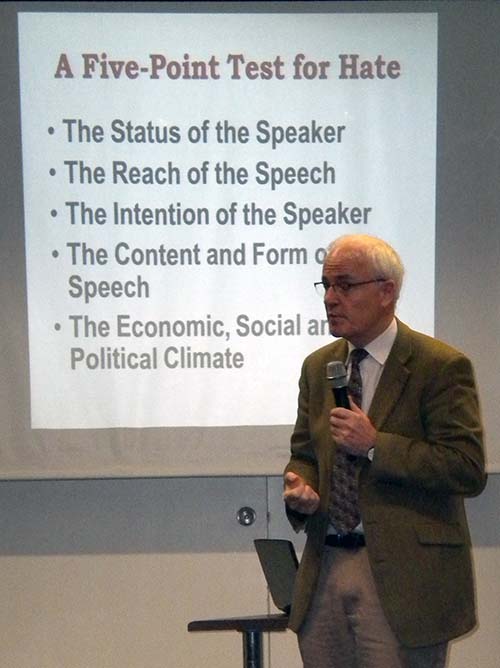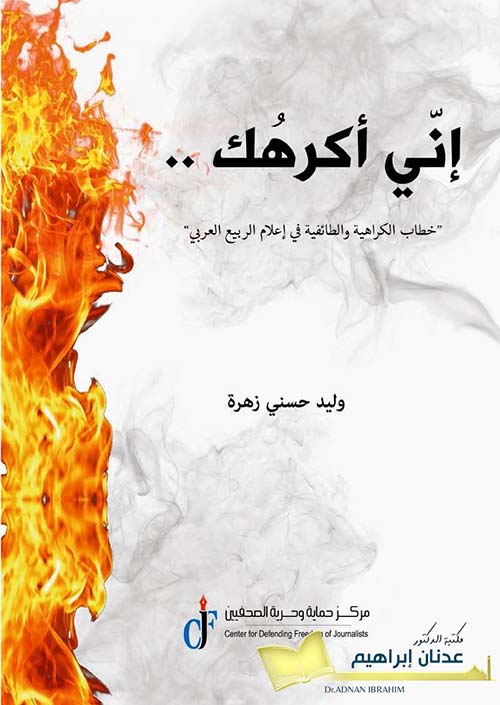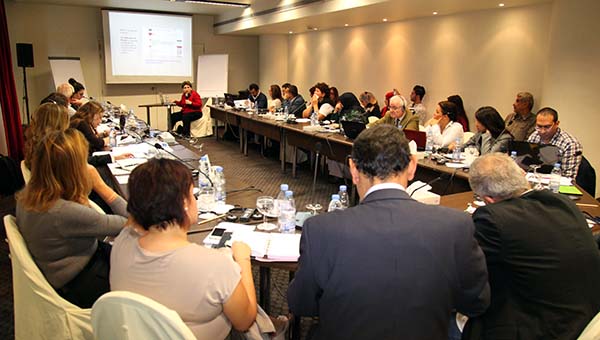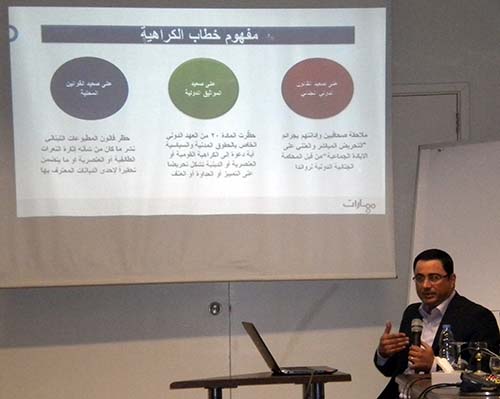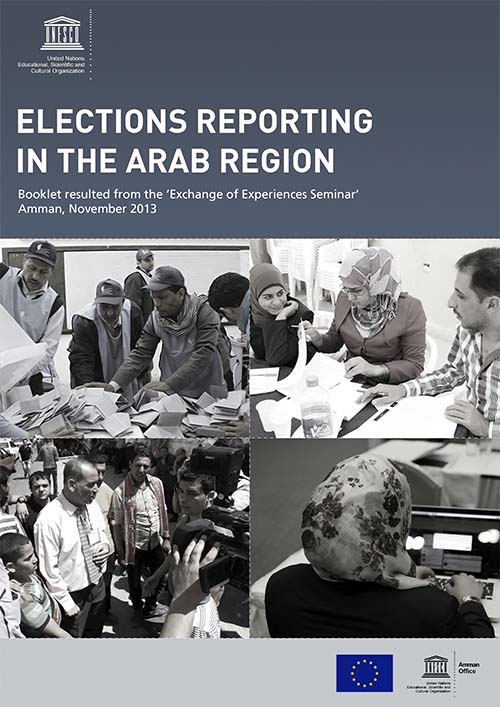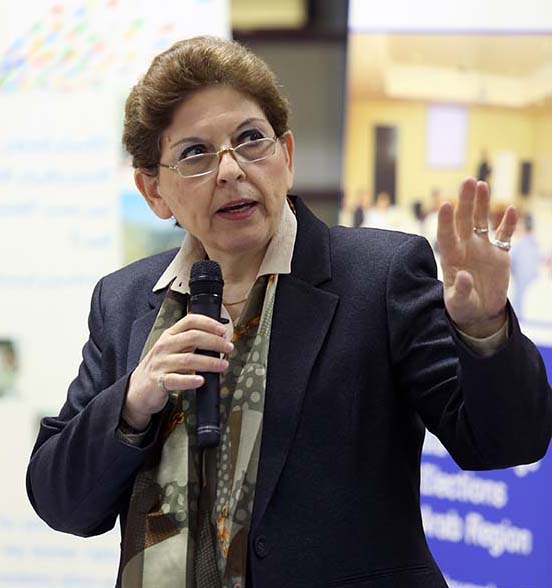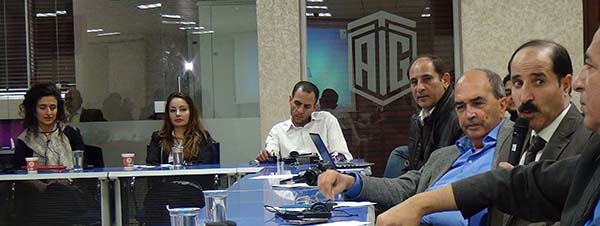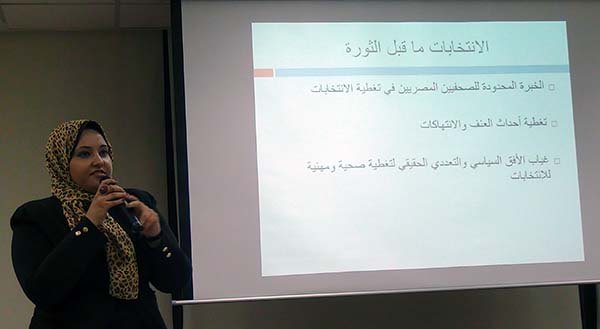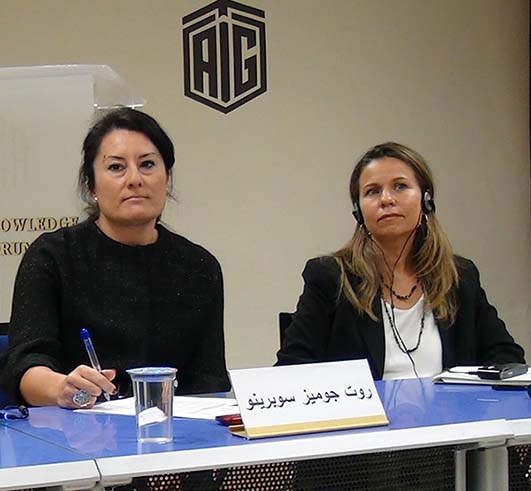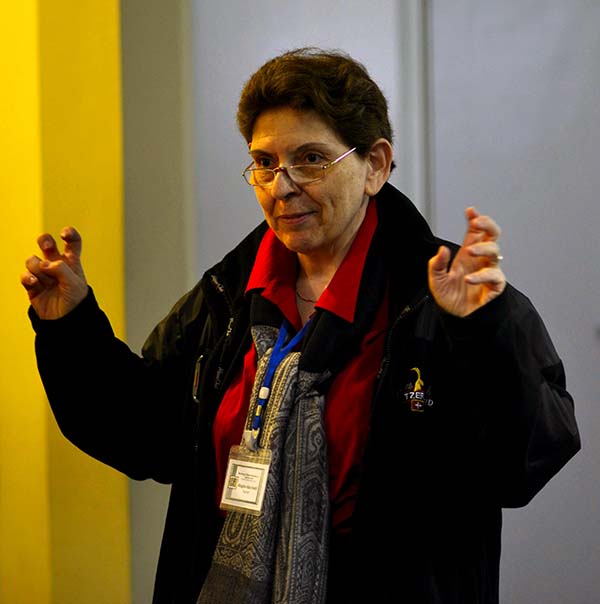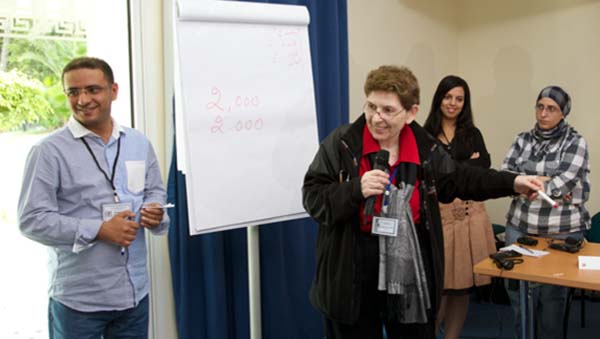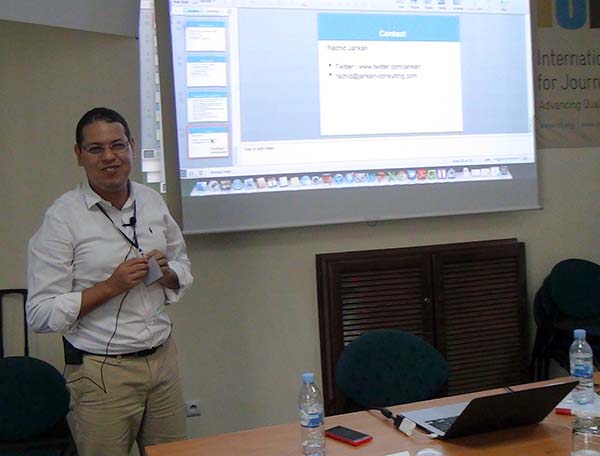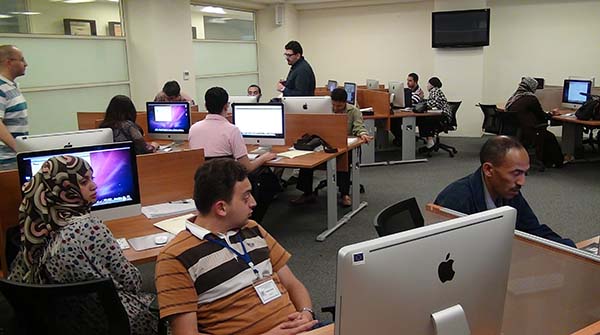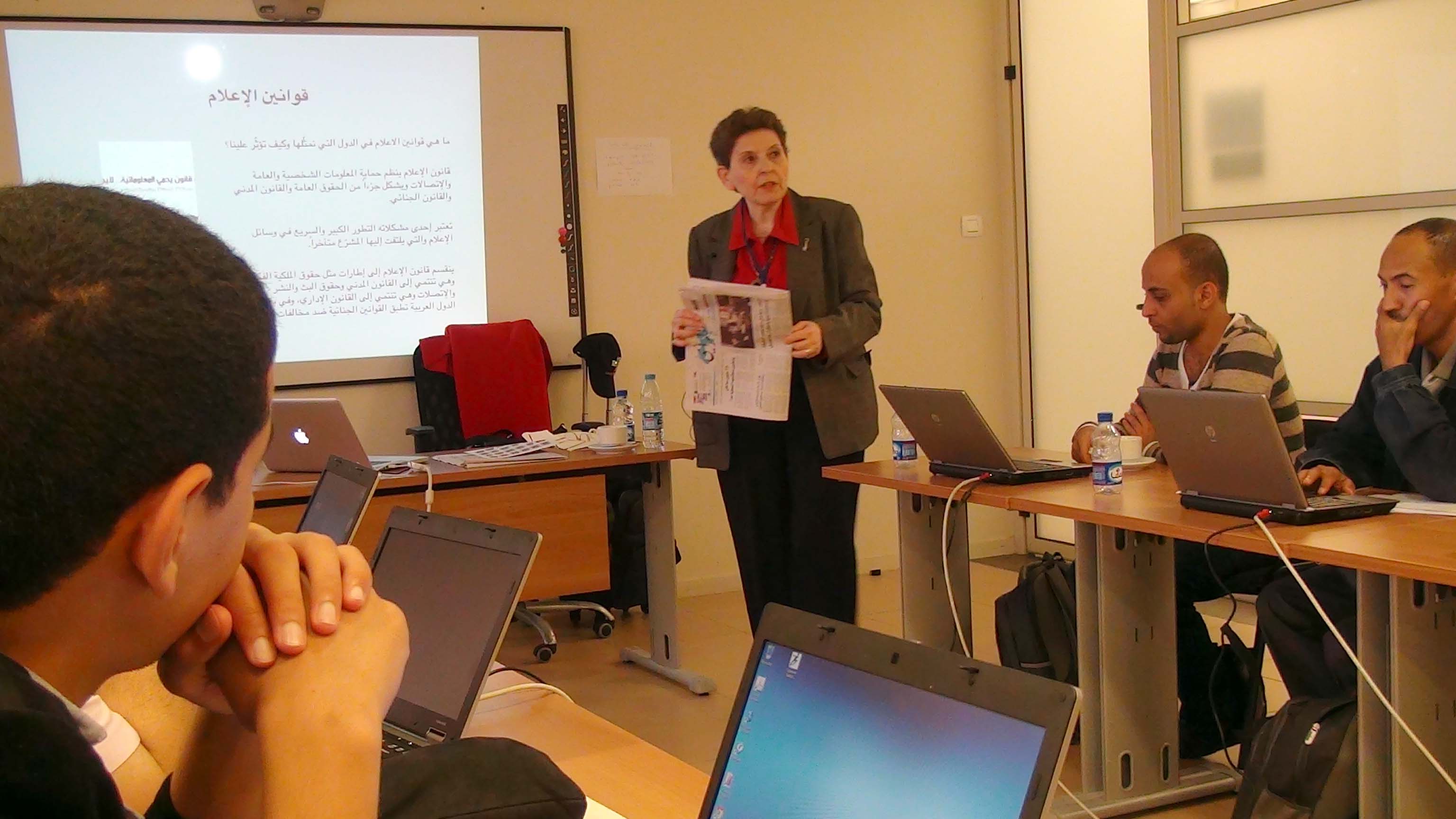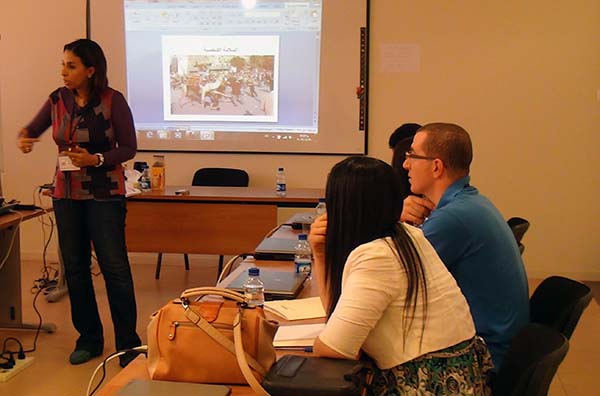Why do young people, including girls and women, turn radical and what role does the Internet play in their radicalization?
A question Media Unlimited director Magda Abu-Fadil tried to answer in the workshop “Gender Perspectives and the Process of Radicalization” at the UNESCO conference “Internet and the Radicalization of Youth: Preventing, Acting and Living Together“ in Quebec, Canada in November 2016.
She referred to research by Lebanese sociologist Mona Fayyad who said high crime rates in crowded urban areas, notably poverty belts surrounding major cities, often go undetected by social monitoring and supervision, leading to an increased possibility of crimes and violence alongside a collapse of traditional structures.
Fayyad focused on Syrian refugees and migrants in Lebanon and their exposure to untold horrors and injustices possibly leading to deviant behavior. Lebanon hosts upwards of 1.5 million Syrian refugees and migrants who escaped the war in their country, depending on whose figures one believes.
According to women experts on a BBC Arabic TV show, many of the recruits fighting in Arab countries come from abroad. While home grown female jihadists in Iraq exist, for example, many others hail from Tunisia, Yemen, Egypt, Europe and Russia.
One researcher said women recruits exhibited character weakness, a proclivity to violence, a need for escape (from their reality), and were in search of alternatives.
Sadly, authorities in many countries treat the symptom, not the cause, of radicalization, Abu-Fadil said.
What draws women and girls to extremist organizations? Females join ISIS ranks to follow boyfriends, husbands, siblings or other family members.
In most cases, it’s under the false pretense of a better, holier and more exciting life. To their horror, they discover it’s all a hoax.
Among the non-Muslim-majority countries, Russia, France, and Germany supply the largest numbers of ISIS’ foreign workforce, a World Bank study said.
A writeup of Abu-Fadil’s presentation is available here.

